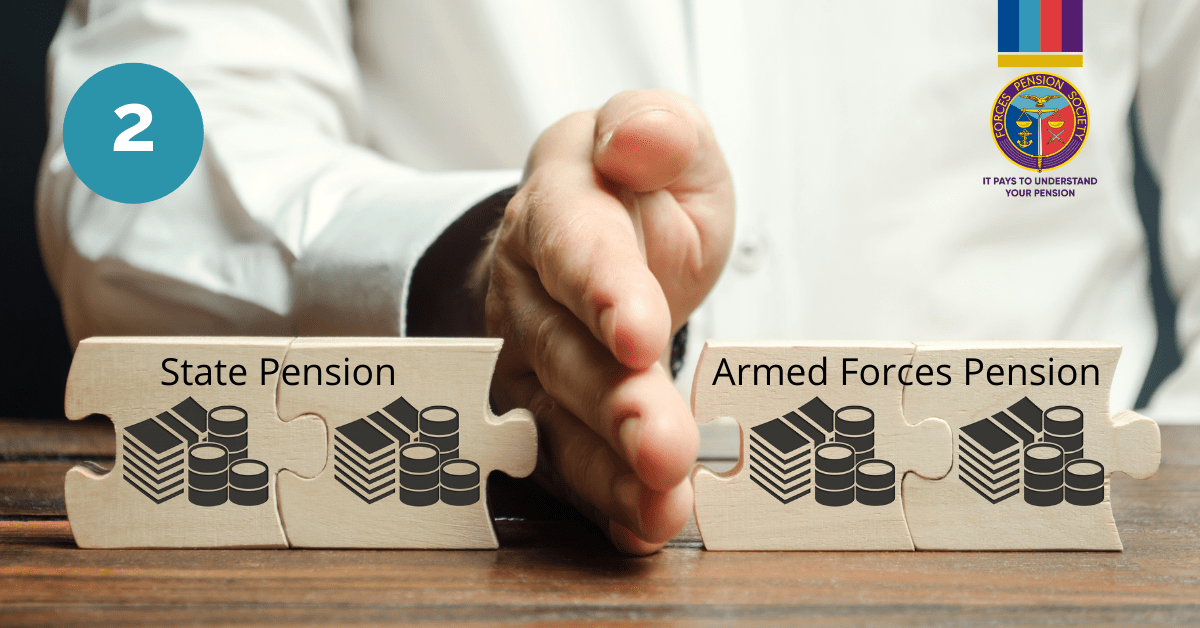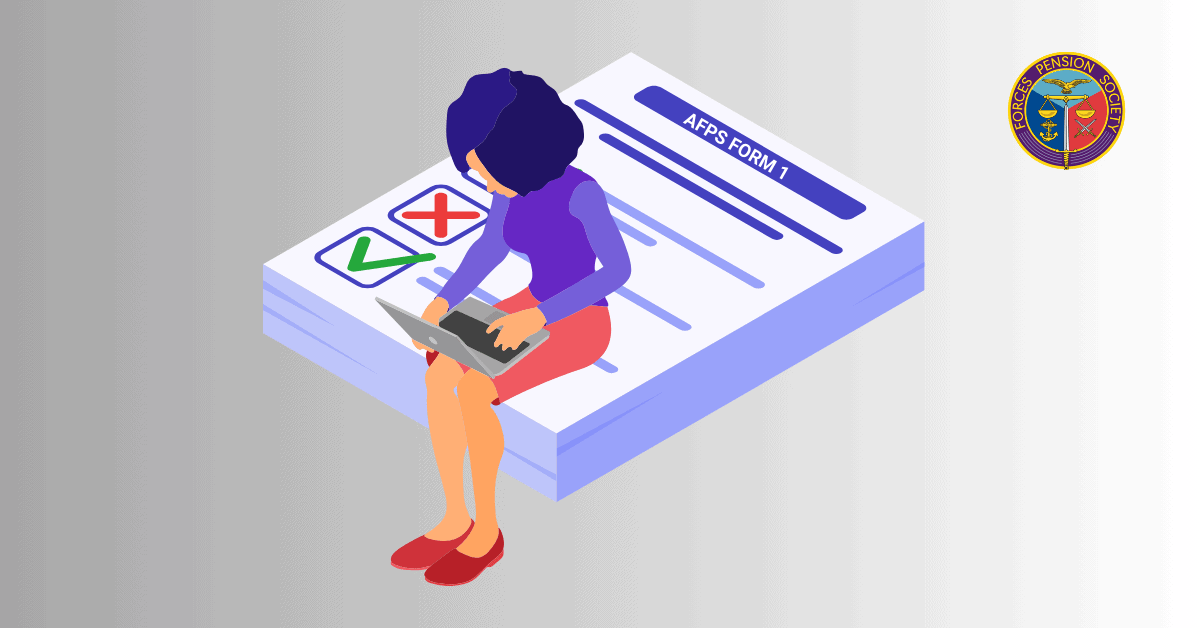
We mentioned in our previous article that this was a complex subject, so here you will find some answers to questions you may have.
Q. So, if all my service was after 5 April 1997, I do not have to worry about either NIA or the COD?
A. That is right. SERPS changed on 6 April 1997 and salary-related schemes no longer had a GMP commitment for pension accrued on and after that date. Instead, schemes have to meet an overall test of scheme quality conducted periodically by the scheme’s actuary.
Q. People whose state pension age falls on or after 6 April 2016 have been deliberately excluded from the GMP explanations contained in the article. Why so?
A. The new single tier state pension was introduced on 6 April 2016 and everybody who had not yet reached state retirement age received a ‘foundation amount’ from HMRC. This ‘foundation amount’ took into account all basic or additional state pension earned up to that point, and made adjustments for any GMP entitlement they might have in respect of pensions earned prior to 6 April 1997.
Q. Is it just members of the Armed Forces who are subject to National Insurance Adjustments?
A. No. They apply to members of all public sector pension schemes.
Q. So, how does Equiniti Paymaster know how much the COD figure is?
A. They are notified by the DWP when your state pension award letter is prepared.
Q. You said that who pays the increase depends upon when the pension was earned. So, how does that work?
A. DWP is responsible for the indexation of the part of your COD for pension earned between 6 April 1978 and 5 April 1988. Indexation rises on the part of your COD relating to pension earned between 6 April 1988 and 5 April 1997 will be paid by AFPS up to a cap of 3% – anything over 3% is paid by the DWP. Indexation of pension accrued on or after 6 April 1997 will be paid by AFPS. The split between the two, or the calculations, are not something the Society can check for you as we would need access to DWP records, most of which would be in paper form.
Q. I have had a bill as a result of an ‘HMRC reconciliation’. Why so?
A. Recent checks on GMP amounts revealed that the CODs for some was discovered, the correct figure had to be issued and any overpayment recovered or underpayment made good. You will understand from what we have said that any errors could not be detected by Equiniti Paymaster (or, indeed, checked by the Society) as the COD, like, for example, your tax code, is simply supplied to the scheme by the relevant government department for the scheme to apply to your pension.
Q. The National Insurance Adjustment is applied whether or not I claim my state pension. Is the same true for the GMP adjustment?
A. No. The COD is issued by the DWP along with the state pension award letter. So, if you defer your state pension, you defer the application of the COD.
Q. This is so very complicated. Would I have been better off if I had opted out of AFPS?
A. NO! You would have paid 1.4% of pay more in NICs; you would not have received more in gross pay as the schemes were (and still are) non-contributory; you would have received nothing from AFPS. And what would you have received?
Less than £45 per week extra by way of additional state pension – but how does that compare with your Armed Forces pension?
Q. Does this mean that if my NICs post-date 1997 and I am due to receive the new state pension introduced in 2016, I will automatically get the full new state pension of £I79.60 per week?
A. Not necessarily. You will have to have made a full 35 years’ NIC contributions to do that. And because, if you had service before April 2016 you were in an ‘opted out’ scheme, you will need additional NIC contributions to do that – although most of you will be able to achieve that without a problem. However, this remains a complicated issue – and will be the subject of a further article in Spring.




